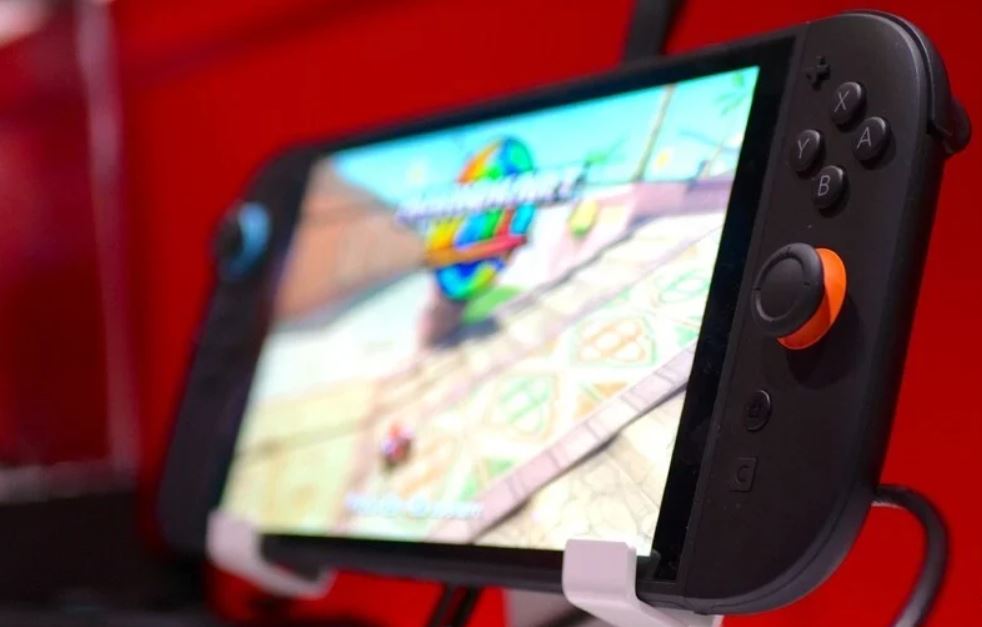
Nintendo Quietly Boosts Switch 2 Backward Compatibility with Surprising New Update
July 15, 2025You’d think that if a platform holder made a big technical leap in helping users play more of their existing game library, they’d be shouting it from the rooftops. Not Nintendo. The Nintendo Switch 2 update released this month quietly delivers significantly improved support for backward compatibility with older Switch titles, and the Kyoto-based company didn’t even bother to formally announce it.
Revealed by the ever-resourceful folks at Digital Foundry (via Eurogamer), this update appears to contain meaningful tweaks that let legacy games run better than before—snappier load times, improved frame pacing and all. “GameCube to Switch” dreams don’t come true here just yet, but if you have a growing pile of digital purchases from the original Switch generation, you just got more value, without spending an extra dime.
This is one of those upgrades that will matter a lot to the core audience. Nintendo doesn’t typically prioritise technical commentary, so these improvements might have slipped by if not for careful benchmarking and testing. And yet, it’s a big deal, especially given how uncertain Switch 2 news around legacy titles has been.
Why Nintendo’s Silent Move Is a Bigger Deal Than You Think
Let’s dial into what actually changed. The latest firmware appears to include under-the-hood tuning that lets original Switch games interact more efficiently with the enhanced hardware of the Nintendo Switch 2. While the company hasn’t put out patch notes confirming specifics, independent testing reveals that games previously hampered by frame drops or throttled loading now run smoother, with no official remaster or re-release required.
For example, titles like Pokémon Legends: Arceus and Bayonetta 3, both notorious for inconsistent frame rates on the base Switch, demonstrate better Switch performance boosts after the update. Menus load faster, frame hitches are reduced, and transitions between areas feel less sluggish. That’s without a native Switch 2 version in sight.
This draws attention to what could become another wedge in the game preservation discussion. With services like PlayStation Plus and Xbox Game Pass putting archival support upfront, Nintendo tends to lag behind. But with these new improvements, the Switch 2 could quietly become a respectable bridge for the last generation’s library.
And it’s worth noting: players won’t need to re-buy their games. If you already own a digital title on your original Switch account, it carries over. You play the same game, download it the same way—and now, in some cases, it actually performs better.

This, by the way, puts the Switch 2 in closer standing with the compatibility efforts seen on Xbox Series X/S. It’s not quite the same (Microsoft has certainly architected a stronger compatibility framework), but it’s a meaningful bump up for a company that rarely promises support past the current cycle. This shift could help Nintendo fans feel more secure upgrading in the future, especially uncertain fans waiting to see just how sustainable their game libraries really are long term.
It also makes you wonder what else Nintendo isn’t saying. Could further Nintendo Switch 2 upgrades be drip-fed without announcements? It’s typically their style. The Switch Online Expansion Pack launched with minimal metrics, and patch notes are often vague. Still, this latest update opens the door for smarter optimisations tailored around legacy titles—something many have been asking for since the handheld-console hybrid era began.
And if you’re a developer, this opens a different kind of door. There’s now more justification to port indie games or niche titles from the Switch 1 era to the Switch 2, even without major overhauls. If the performance boost helps carry the experience gracefully, there’s less risk and more incentive to re-promote existing games within the Switch 2 ecosystem.
The quiet pace and loose lips at Nintendo aside, backwards compatibility improvement is one of the best things the company could offer heading into the console’s second year. It won’t be the selling-point marketing slogan—you’ll still hear more about Mario or Zelda first—but for the players who keep receipts on how games age, this update is a breath of fresh air. All in all, if the Switch 2 wasn’t already on your radar, and you’ve got a fat Switch collection you’re reluctant to abandon, now’s officially a better time than ever to pay attention.



